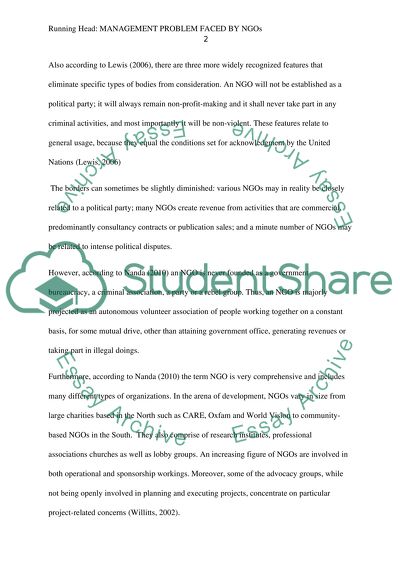Cite this document
(“What are the management problem faced by NGOs Dissertation”, n.d.)
Retrieved from https://studentshare.org/family-consumer-science/1412510-what-are-the-management-problem-faced-by-ngos
Retrieved from https://studentshare.org/family-consumer-science/1412510-what-are-the-management-problem-faced-by-ngos
(What Are the Management Problem Faced by NGOs Dissertation)
https://studentshare.org/family-consumer-science/1412510-what-are-the-management-problem-faced-by-ngos.
https://studentshare.org/family-consumer-science/1412510-what-are-the-management-problem-faced-by-ngos.
“What Are the Management Problem Faced by NGOs Dissertation”, n.d. https://studentshare.org/family-consumer-science/1412510-what-are-the-management-problem-faced-by-ngos.


